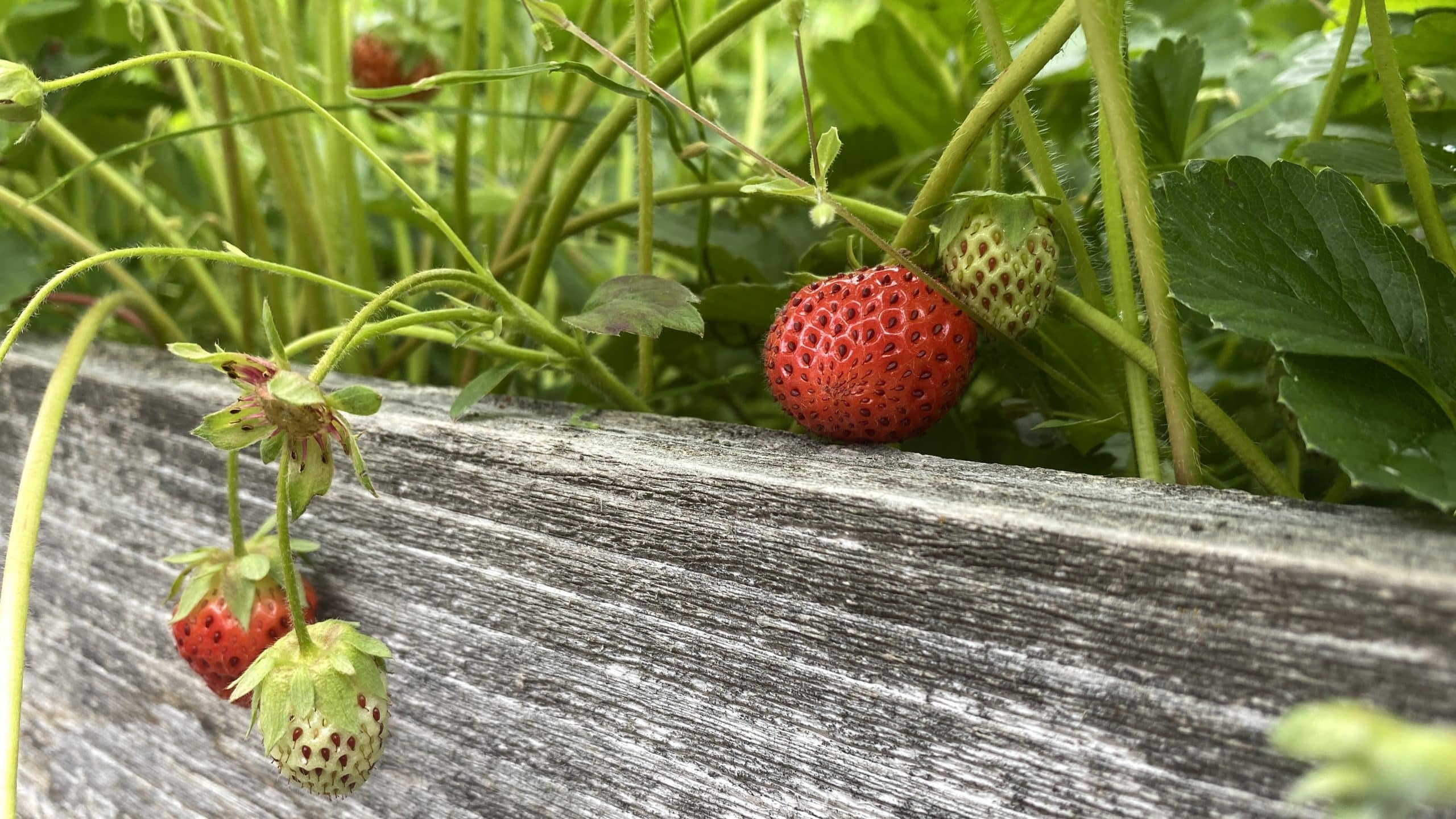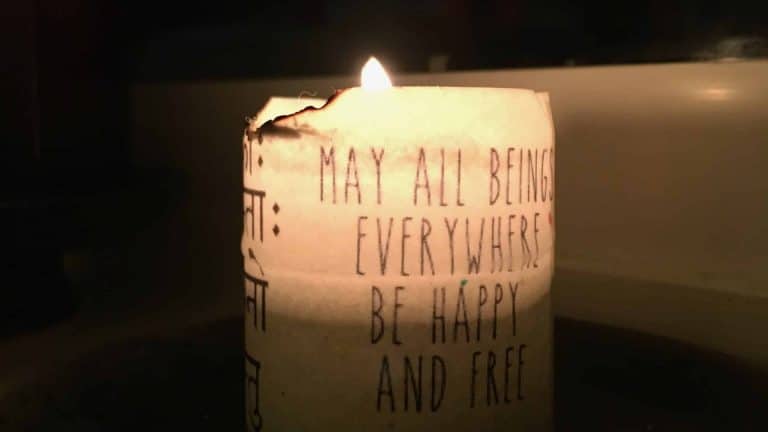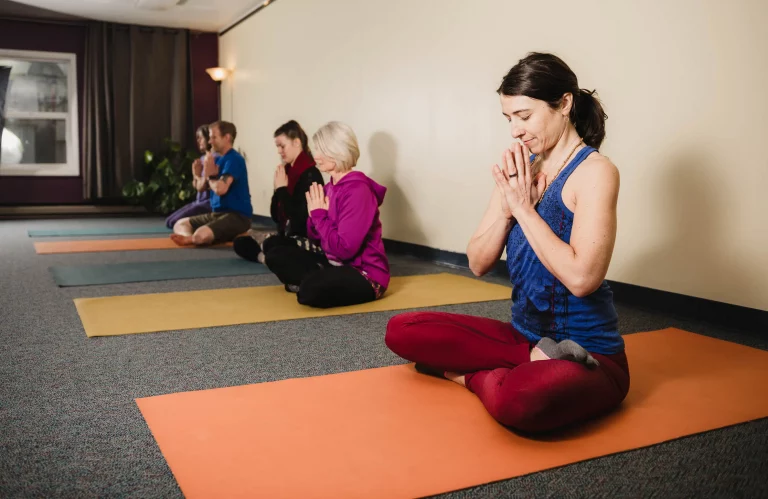Patience is the perfection practice that we are working with this month. These are practices to beautify the mind and heart. We feel good when we do them! Our mental, emotional, and physical health improves when we are steeped in these practices.
Patience as a practice (rather than a characteristic) may be appreciated as a response (or a desired response) to a stressful situation. We can start with the realization that when there is an opportunity to practice patience there is also stress.
Pause. Notice you’re breathing. See if there are any immediate needs that you can address. Reducing stress will help to build capacity for patience.
Our experiences can seem so complicated but our needs are actually very simple. We need water, light, air, rest, and activity. If you need any of these things in the moment or if you haven’t had enough of them in the past day, or week, or month, this would be a worthy place to focus your energy.
Consider patience as another way to respond to stress. Patience honors appropriate timing. Patience often arises as an aspiration when the pace of things just feels off. Things are moving too quickly or not quickly enough for our liking. We become aware of the friction between our expectation and our experience. This is stressful.
Patience as a practice helps us to appreciate pace. It can also help us to ease some of our efforts as we realize that we are not responsible for or in control of, all aspects of our experience. You can change your perspective on pace in the moment by working with the pace of your breath. Try to breathe more slowly…
Patience contributes to longevity. It is about endurance and abundance. It is a continuation of the practices around energy that were the focus of our inquiry last month. We have the opportunity to both protect and to nourish our energy over time in a consistent and enduring way when we practice patience.
You can do it anywhere, at any time. As always with mindfulness practice, we start with awareness of body and breath. Notice you are breathing. Notice what phase of the breath you are in when your attention focuses in on it. There is the movement of breath into the lungs, a pause when the lungs are full, the movement of air out of the lungs, and another pause when the lungs are empty.
Practice pausing. Practice slowing down the pace of the movement. This is patience practice. With this kind of practice you are training your nervous system to notice and respond to stress with intention. Recognizing the act of conscious breathing as stressful can be radical! It can transform your experience.
Once you learn to stop running from stress and instead, soothe it with your intention, you will find your load lightened!








